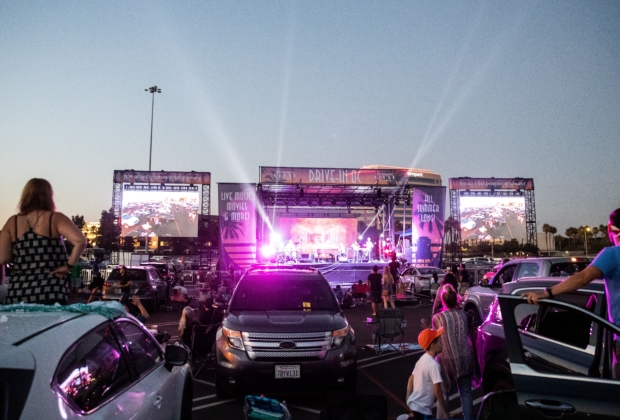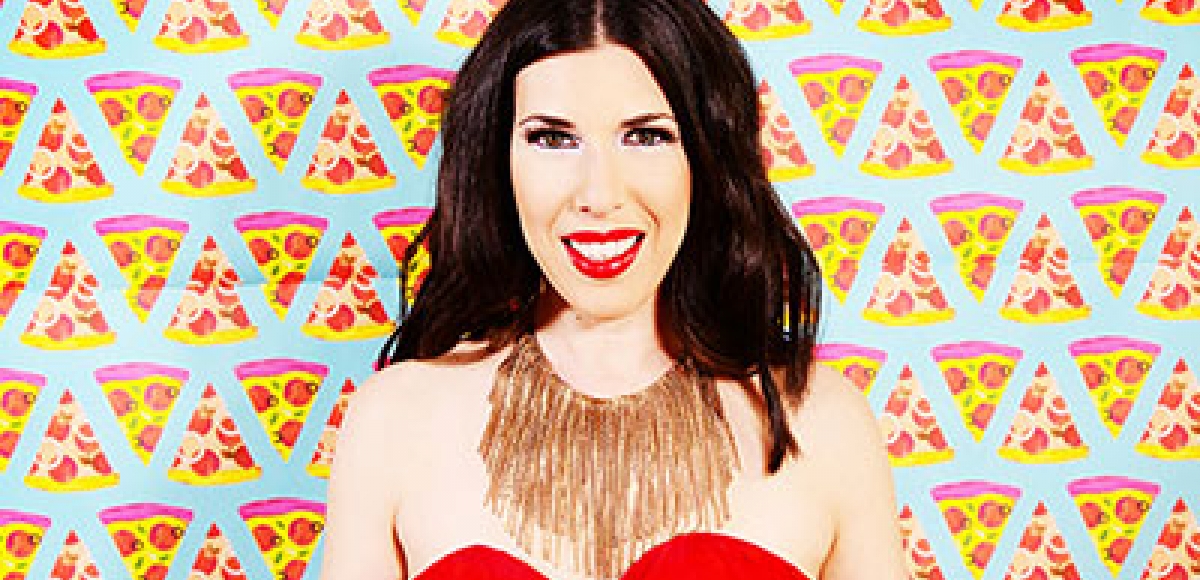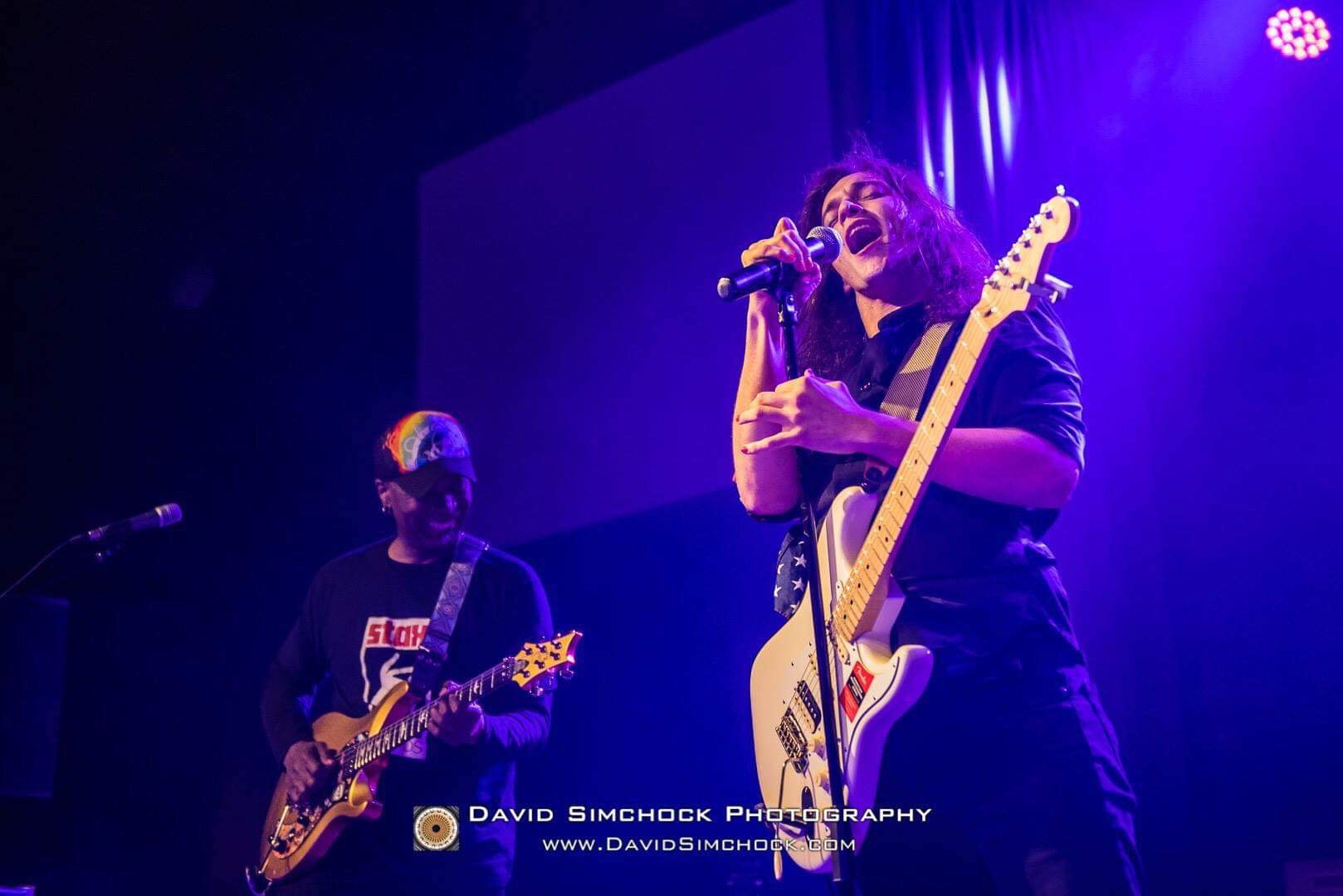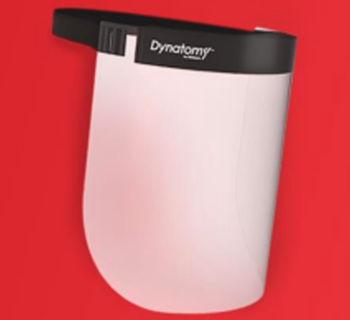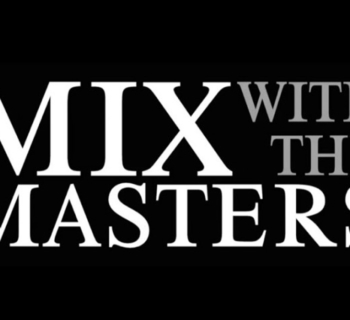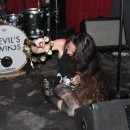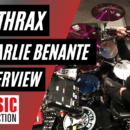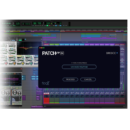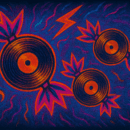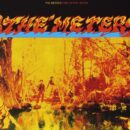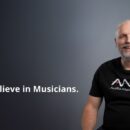“This is an unprecedented time.”
“We’re all in this together.”
“Welcome to the new normal.”
These are all talking points that have consumed our collective consciousness since the global pandemic hit in early March 2020. Here in the United States, no matter your politics, the pandemic has affected every walk of life and all aspects of business. One of the hardest hit has been the music industry. The National Independent Venue Association reports live events provide 75% of all artists’ income and that, while nearly 90% of all U.S. businesses have reopened in some capacity, many independent venues remain shut. However, in the following article, instead of ruminating over the obvious chaos and pervasive hardship the pandemic has caused for artists, bands and venues across the country, Music Connection examines creative ways folks are beating the odds and moving things forward.
Mike Wagner is an independent drummer-vocalist from the central Michigan community of Houghton Lake. He and his son Jimmy front the popular James Michael Duo. They perform at a number of resorts and open-air venues throughout the state. “We were fortunate because almost all of our gigs this past summer were at outdoor venues,” recalls Wagner after this past Memorial Day weekend when a number of northern Michigan bar and restaurant bans were lifted. “It was tough when the lockdown first came about. One of my last gigs was March 11th, and then we were pretty much off for 11 weeks. I’ve never had that much time off in my whole career. It was starting to get depressing. But I really can’t complain. A lot of my friends weren’t working at all this past summer. A lot of them had fuller bands and were booked at indoor clubs.”
Wagner has found that diversity––and remaining mobile and compact––has kept him working through current precarious times. “We had a great summer, but as it gets colder things taper off,” says the percussionist. “Since we live in a resort area we’ve been busy. Even before COVID hit I always would book two to three months in advance. And with our duo, and even a trio, it’s been a little easier finding work.”
Solo performer Abbigale Rose is an award-winning singer-songwriter from Toledo, OH. As a full-time musician she has been weathering the pandemic doing porch concerts, livestream events, coffeehouses and clubs to pay the bills. “Generally speaking there’s usually enough distance between me and the audience on stage,” comments Rose on personal protocols as a solo performer. “I make it a point to tear down my own equipment. I carry hand sanitizer and always make a point to wear a mask whenever I’m not behind a microphone.”
And she says she is working hard doing promo, trying to book gigs and working on songs. “Things don’t just fall to you. You have to put effort in. But getting a fifty percent return on that this year has been hard.”
However, Rose sees a bright spot in her personal approach to performance. “Solo acts have a real chance in this climate,” she says. “Compared to bands, solo acts seem to be more economically efficient. So, probably in the winter months, hopefully, solo acts will be preferred.” “There’s a lot of potential here but I don’t know what that potential is yet,” adds Rose. “The larger musicians are doing drive-in concerts but smaller musicians like me don’t have that. You’ve just gotta be willing to hustle for it and experiment.”
Michelle Lordi is an award-winning jazz singer-songwriter from Philadelphia, PA. In addition to being an artist she is also a promoter who has run a weekly jazz gig in suburban Philadelphia for six years. When the pandemic hit, Lordi swiftly sprung into action to find alternative outdoor spaces with ample social distancing. She offers her unique perspective on the changing face of jazz presentation today. “We’re used to improvising in our music and in life,” says Lordi. “For the jazz world, I think a good thing that will come out of this pandemic is a better focus on the audience and an effort to make things more entertaining and visually appealing. Jazz has suffered a bad reputation as being boring or aloof. But I think that you’re gonna see a lot of innovation and flexibility coming out of jazz. I also see a lot of hope when you have that ability to adapt. This pandemic is dire, but it’s not the end.”
Also Lordi poses relevant questions she, and many of her colleagues, face every day. “The issue of livestreaming is a wake-up call to artists to get your fan base organized,” says the songstress. “If Facebook or YouTube are not viable options, see if you can you get your fans over to Patreon or another streaming service. Are your fans willing to pay to see you? It’s about trying to connect with an audience on many levels. It’s a new landscape and we’ve got a lot of figuring out to do.”
One presentation avenue that seems to be gaining popularity in these socially distanced times is the drive-in concert. City National Grove of Anaheim and Nederlander Concerts are one of the originators of this concept, with their “Drive-In O.C.” series. “The pandemic has been devastating to the concert business,” says City National Grove general manager Jordan Harding. “But like everybody, we’re trying to think outside the box and find ways to find fans with live entertainment experiences. With drive-ins, we’ve essentially created a venue outside of our venue, with a contactless model to host events.”
Launched this year in July, “Drive-In O.C.” brings live music and movies to fans in the comfort and safety of their own vehicle. From ticketing to concessions and restrooms, they’ve left no stone unturned. “Before fans arrive they can order meal kits and snack boxes when they purchase tickets,” explains Harding. “Upon arrival we scan their tickets and then direct them to a parking spot. And then they receive a welcome card, with information on how to access food, beverage, merchandise—all of which is ordered via the app we built—and delivered to their vehicle. Fans also have about 150 square feet of space so they can enjoy a show next to their car. If they need to use the restroom they can enter our virtual queue and we notify when it’s their turn to use the restroom. There we regulate capacity, we take temperatures of guests and everything is sanitized.”
With upwards of 30 drive-in concerts under their belt, Harding and staff have found the shows to be quite rewarding. “We launched this series in Anaheim at City National Grove,” says Harding. “And over time we’ve perfected and honed our model. Now we’re focused on exporting and hosting other drive-in concerts nationally.”
Richmond, VA’s Broadberry Entertainment has adopted and had success with the drive-in concert model as well. The company has hosted a number of socially distanced events at large and currently dormant sports stadium parking lots throughout their immediate region. A number of safeguards are, of course, in place. And Broadberry co-owner and talent buyer Jessica Gordon discusses some of the challenges in making these kinds of shows happen.
“The amount of work that goes into booking and producing one of these shows is the equivalent to booking 30 shows in the old days,” she says. “ To take an empty parking lot and turn it into a venue—especially a production heavy band like GWAR, which we had here recently—is an incredible amount of labor and work, both in advance of the show and the day of the show. There is no infrastructure, so it’s very expensive and time consuming.”
Despite the inherent challenges, one of Broadberry Entertainment’s more successful events was the return of the infamous heavy metal creature feature GWAR this past October at the Diamond Drive-In in downtown Richmond. GWAR is celebrating the 30th anniversary of their album Scumdogs of the Universe and they brought all the mayhem and madness one would expect. “It was nice to play in front of an audience of automobiles instead of human beings,” says one of GWAR’s head honchos, Blothar the Berserker. “We find automobiles much more attractive than humans anyways. But it was no different than the Warped Tour or some big festival. It was just an ocean of cars.” GWAR’s show is very theatrical and involves dousing the audience with various disgusting liquids. But, despite the socially distanced arrangement of the premises, Blothar and crew seemed content with the outcome. “Actually the audience wasn’t that far away from the stage and we had a barricade in front,” says the berserk one. “We were able to hit the front row with the liquids. For GWAR, the challenge is being able to maintain the messiness of the show. But the sound was great and I liked the fact that people could tune in to their car radios like an old-fashioned drive-in movie.”
Crooner’s Supper Club is an award-winning venue and one of the top jazz showplaces in the Midwest. The Minneapolis club is run by Ian and Andrew Walesch and their attention to detail—from implementing safety practices to the comfort of their guests—is impeccable. Like a lot of venues, when the pandemic hit, there was a lot of reworking of their business model. “We’ve had about 200 shows since June 1st,” says Ian. “I don’t think there’s anyone doing what we’re doing right now.”
The brothers started in June as a drive-in situation, with room for about 80 cars. But, after a time, feedback from guests leaned more in favor of socially distanced table seating. So they set up large tents that could house around 180 patrons and they kept the drive-in component in a limited capacity, as well.
With a number of venues currently dormant because of the pandemic, Crooners is one of the few in the Midwest that is actually thriving. “Many people have told us it was their first time out since March,” says Andrew. “When people decide to trust us with this experience, we not only want them to feel safe but receive good service. We want it to be a special night.”
Finally, Bill Grisolia is a blues-rock vocalist/keyboardist and bandleader that wears many hats. As president of the Long Beach Blues Society and a member of The New Blues Revolution, he is a community activist, festival promoter and video producer. When the COVID lockdown emerged Grisolia hit the ground running. “We had to pivot,” he says. “We began to emphasize other things that are part of our careers as artists, like songwriting and working on a new EP. We shifted our live performances to video and also did more fundraising and direct relief. I’ve also done over 100 videos on my Bill Grisolia Facebook page called ‘The Daily Dose’ where I sing solo and play piano.”
Some of the community oriented programs Grisolia has spearheaded and maintained during the pandemic include “Blues in the Schools,” “Blues for Vets” and “Blues for Seniors.” And, a number of these programs have an online component as well. “We’re very proud of a program we put together called ‘Give a Gig,’” continues Grisolia. “We realized there were a lot of musicians not getting gigs, so we started this program to get them direct relief—gas cards, money, food and food cards. We raised about $10,000 and we probably benefitted about 40 families. It was a way to help the southern California community.”
Grisolia, whose upcoming new EP is called Purple Heart, has been hosting blues jams again in the Long Beach area with The New Blues Revolution. “Since we have pivoted we are looking for additional ways we can create and perform for the public,” concludes Grisolia. “We want to engage the public in our performances, even include them in the writing process. And that will only lead to additional creative output—songs and the like—which, hopefully, will help us come together.” •
Click here for a list of companies & organizations that provide help and services to musicians affected by the pandemic.

